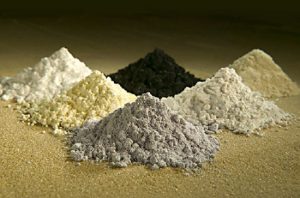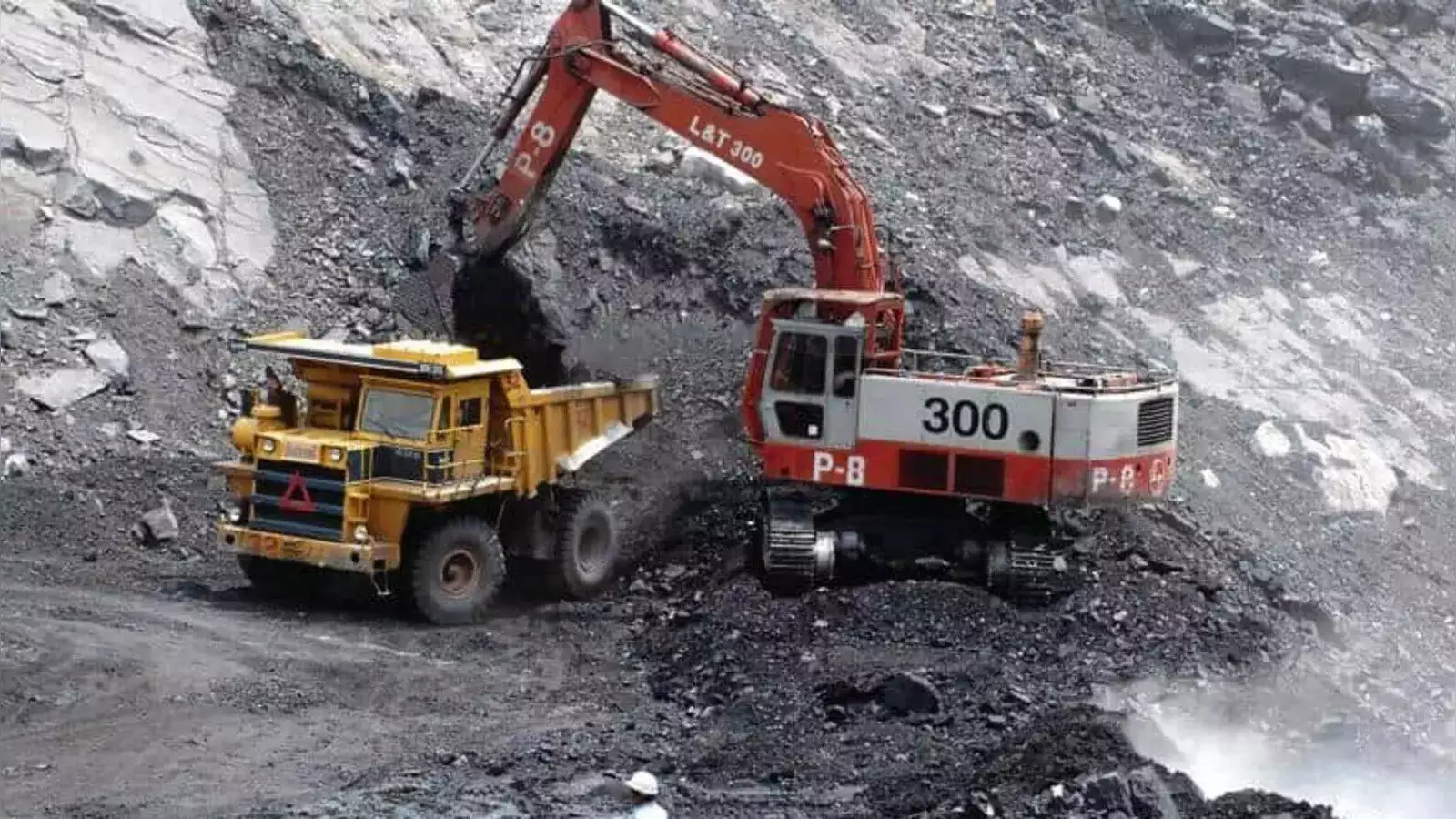In a strategic move aimed at bolstering its domestic manufacturing capabilities, India has embarked on a concerted effort to acquire processing technology from key critical mineral producers, according to officials familiar with the matter.

This initiative follows closely on the heels of the Indian government’s recent rollout of auctions for critical mineral mines across the country. “Talks are on with the United States (US), Australia, and United Kingdom (UK), South Korea, and Japan for processing technology. Brazil and Argentina are also positive about collaborating with India,” According to a senior mines ministry official. According to another official aware of the plan, agreements with countries are being lined up and will soon be signed.
While India is going ahead with auction of mines holding critical minerals, there are no facilities for their beneficiation. “We want to target India’s first critical mineral beneficiation and processing plant in the next 3-5 years,” the official quoted above said. “We want to ensure that development of critical mineral processing and extraction happen in parallel.” Beneficiation is a process used to raise the grade of an ore by removing unwanted minerals. A recent estimate by Niti Aayog reveals that India’s burgeoning advanced chemistry cell manufacturing sector requires a substantial amount of cathode active material annually to support the production of lithium-ion batteries (LIB), projected to reach 100 GW hour annum by 2030. Notably, critical minerals and their active materials constitute a significant portion, accounting for approximately 33%-48% of the overall pack cost.
To further strengthen its mineral resource development ecosystem, the Centre of Excellence under the mines ministry is actively formulating strategies to accelerate the mining, processing, manufacturing, and recycling of critical minerals. These efforts are aimed at reducing dependency on imports and fostering self-sufficiency in the production of components essential for emerging sectors like electric vehicles (EVs), defence, agriculture, energy, pharmaceuticals, and telecom. Critical minerals such as cobalt, graphite, lithium, and rare earth elements (REE) play a pivotal role in various high-growth sectors and are indispensable for the development of cutting-edge technologies.
India’s decision to define its own list of 30 critical minerals in June 2023 underscores its commitment to strengthening its resource security and fostering indigenous development. The list includes essential minerals like copper, nickel, chromium, platinum group elements (PGE), Potash, and Molybdenum, among others, which are crucial for driving innovation and sustaining economic growth. By forging strategic partnerships with critical mineral producers and leveraging advanced processing technologies, India aims to fortify its position as a global leader in the production and utilisation of critical minerals, thereby driving forward its ambitious industrial and technological agenda.



